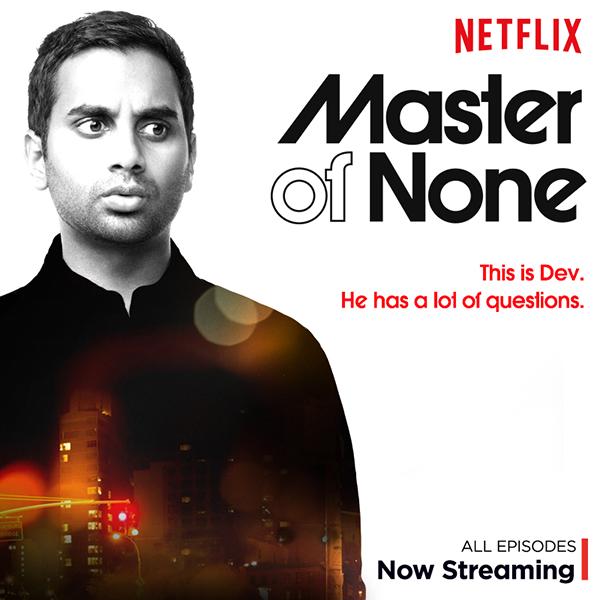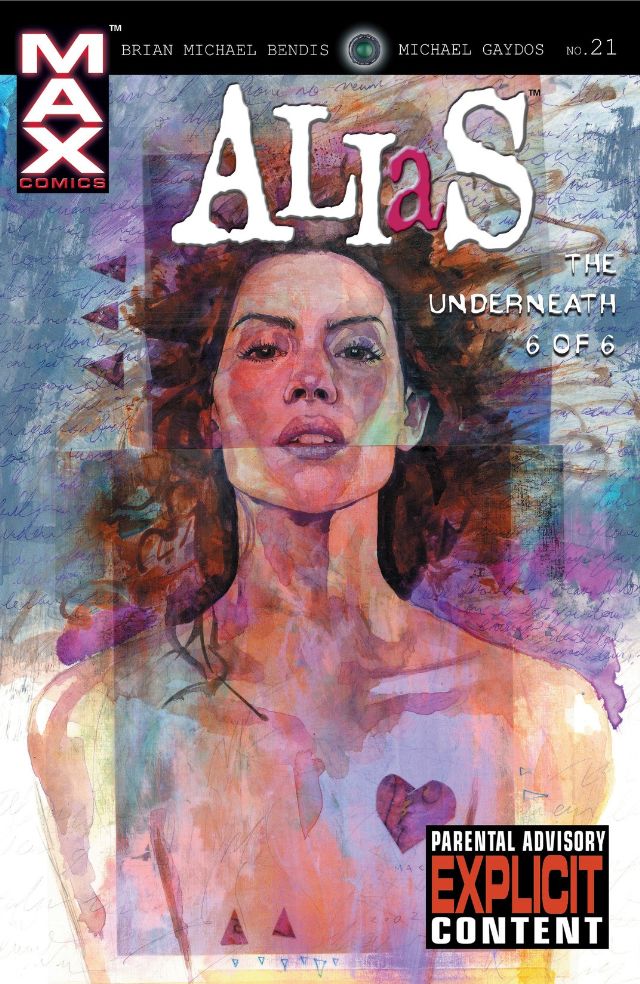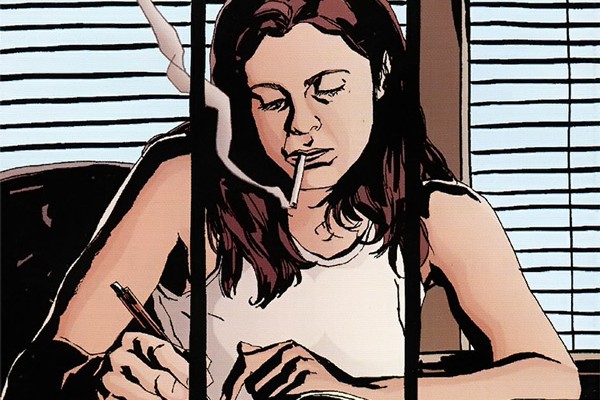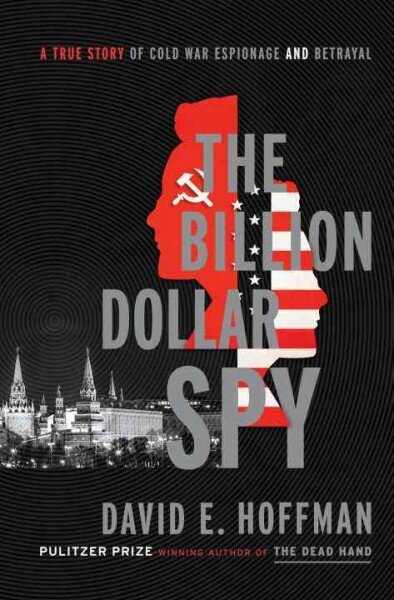I'm a long-time fan of comic books, so have been very happy these last 10 years or so that there have been really good quality movies, and more recently, very good quality TV shows.
Just off the cuff, there are currently many comic-book hero TV series:
Flash
Gotham (early Batman)
Supergirl (new, only 2 episodes so far)
Arrow - the granddaddy of the newer wave
Marvel: Agents of S.H.I.E.L.D.
Daredevil (Netflix)
Jessica Jones (Netflix soon)
Gotham:
Right now, Gotham is having a good run - seems to be leaning more toward the older age groups with more graphic violence. The current storyline is a change in the organized crime seen - Penguin has recently taken over, and a new player has come to town (and has been elected mayor). Ed Nigma is failing rapidly and moving towards his eventual Riddler persona.
Jim Gordon is back on the force and the right-hand of the new Commissioner, and is right in the middle of the crime wars.

Young Bruce Wayne is being set up by the new mayor, using a young female agent to control Bruce, and drive a wedge between Bruce and Selina.
All is ramping up nicely - a very good watch this season. The cast is growing, but "in control" - the casting is excellent, and all players seem to be unique (all have quirks and strengths) and the writing has been excellent. We "understand" the Penguin - he's a bad guy, but we kinda' understand where he's coming from and why, this is a nuance missing from the real world these days.
Gotham is a great series to understand how to pace change and add characters but not to be wildly chaotic (see SHIELD). The focus (through Gordon) is consistent, and the cast grow, have tragic events happen, without losing their core essense.
SHIELD:
I've fallen a little off SHIELD lately, there were too many changes to the status quo last season, all rushed out at once - I find it harder to attach to the characters right now as all have changed so much: Skye has powers and a new name; Fitz has had brain damage, though that seems to be falling away, Simmons has been trapped in an alternate universe for several months, Ward turned evil, May has retired (temporarily) Colson lost his hand, SHIELD disappeared, but seems to be back. I like Bobbie Morse (Mockingbird in the Marvel Comics Universe) but she seems to vary across episodes.

I suspect they jammed a lot of change into the end of last season in case they weren't picked up for renewal. Right now it seems a little out of sorts, with lots of issues and changes that each need their own time to focus. There is not a consistency that I can find in the case/storylines to hold onto the thread to attach to in order to have a base to understand the changes occurring - it all seems a hazy flux.
I think all of the changes to the characters and the SHIELD organization are all OK and fit the overall universe constructed, but the problem I have is that they all happened pretty much at the same time. I don't think we can have a "life changing" event happen to key characters every week without losing something important - the understanding of who they are and how they interact. The "family" aspect of the team from the first season seems lost right how - everyone seems to be a free agent.
I hope it finds a better track soon, as I think this is a great concept to introduce Marvel to the TV world - you can have perhipheral storylines and one-offs to test characters like they did with Deathlock. But you have to have a core of characters we care about or there is nothing to contrast the unusual characters against. The "fantasy" comes from the main characters being "normal" FBI/CIA-type agents trying to police a world where there are unusual powered individuals running around. If "everyone" is powered, or they get too blase about the world they are in, it loses the storytelling power.
The Flash:
I still like the Flash, for the same reasons as Gotham - a cast of characters that are likable. Flash is beginning to suffer from the issues I discussed with SHIELD - there are some characters evolving too fast and too much is in flux at the same time. The Firestorm character is good, and fits into the storyline, but the timeline was too compressed - it took a while for the character to appear, which is appropriate - a few hints on and off. But then they killed off the Ronnie Raymond character (for the 2nd time in the series) pretty soon after he returned from the dead (seemed to be dead in the initial reactor event), and right after marrying Caitlin.

Again, I like the progression, but they lost something by not having the character around, having an attachment to Ronnie develop, and the loss being felt stronger in the group. Caitlin seems to be "over" the loss very quickly - a newlywed widow, particularly one who is protrayed as being very sensitive, should be having much more trouble with the loss - she seems a little too cold now.
Having Cisco develop powers is, again, fine, but is happening too quickly - it can be better handled in a slower progression - maybe headaches, flashes of insight....
I think the reveal of Wells being a speedster was a nice plot point, and probably enough "trauma" to the core group. Again, they seem to be recovered from that piece of information very quickly - this was a core mentor for the group. I think the writers have the characters lamenting the loss "in the background", off camera, but I think some needed to be done in frame.
The closing of the interdimensitonal portal at the end of Season 1 probably needed to be explored more fully 0- the giant earth-killing problem seemed to resolve too easily (even though it cost a character - it cost a character that had little residual feeling). Having other portals popping up is fine (and 52 is the "correct" DC number) as it allows for characters to appear into the storylines without convoluted origin stories ("Barry - look what popped out of the portal - fight it").
Overall, I still like The Flash - the characters still feel young and alive. Slowing down the major character changes will keep the story flowing.
Arrow:
Arrow suffers as well from a bloated cast - they tend to change the relationship between the police and Green Arrow almost every episode - I think either work (the police love him, or he is an evil vigilante that needs to be tracked down). In fact, I'd like the take that Marvel did with Spider-Man in the '60's and '70's - he was officially "wanted" by the police, but the cops in the street often looked the other way when they caught him doing something heroic - occasionally they would try to arrest,but some sort of professional courtesy provides some good plot points.

They need to slow down with changes to Black Canary (lost sister, became druggie, got better, found her sister, had her sister die, brought her back from the dead) - that's a lot of issues, each of which is powerful. Similarly Thea has recovered from being a druggie, lost a boyfriend, found out her dad is a supervillain and not the dad she grew up with, died/came back) - again a lot of change in a short time.
I'm OK with Diggle and Oliver clashing - makes sense as both are alphas, and come from significantly different backgrounds (playboy/prisoner/vigilante for Oliver, military/law enforcement for Diggle) - they should clash over tactics and appropriateness of the mission. I'm not a fan of Diggle wearing a mask (looks like Magneto's hat) and going out on missions - that should be a rarity - he's more of the tactician and background support.
Arrow, like Gotham, is really the story of "regular" (though trained) folks operating in a world where there may be powered folks running around. Because of that, they need to stop going to Nanda Parbat and coming back to life (already used twice, Thea and White Canary). That place is a little too "fantastic" to be a regular appearance in the series.
Again, Arrow is one of my favourites - well developed and likable characters (though it is noticable how much more attached I am to the "older" characters - Felicity, Oliver and Diggle, than to the much changed cast members - Thea, Laura, Sara). I think Felicity hit upon this difference when she talked about the Core Team Arrow - something to be said for simplification.
Supergirl:

Too early to tell, but I quite like it so far. Supergirl suffers from a problem that maybe only Flash has - she's powered, so it will be difficult to find appropriate adventures without having to produce a more-highly-powered adversary each week. The "learning the ropes" idea is a good one, not unique, but good.
I like the cast - Benoist plays a likable character - naive, positive, not overconfident - fits the storyline well. The addition of a sister (earthling), Alex is good, hope to see more of her Danvers parents (Dean Cain and Helen Slater) as both have a pedigree. Jimmy Olsen is a fresh take on an old character - nice to see him portrayed as an adult and a skilled photographer, not as a young hanger-on of Superman. Having trusted Olsen with Supergirl's identity (and existence) is a much more reliable Olsen than in the older comics.
Flockhart is good as the "tough as nails" boss.
Summary:
Overall, glad to have all of the series. My "must watch" priority right now is "Gotham" and "Supergirl", then "Flash" and "Arrow" and, unfortunately, "Marvel - Agents of SHIELD" - "unfortunate" only in that the series has even more potential than the others to be reasonable (e.g. not supermatural all the time), flexible (can be anywhere in the world) and fantastic (can see, through the eyes of the non-powered agents a world with powers). SHIELD also has the entire Marvel universe to draw inspiration, storylines and characters from.
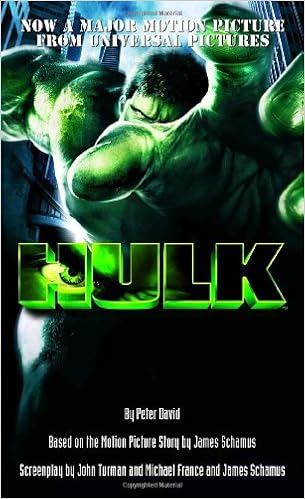
 The "other" aspect of the movie is an abusive relationship between very young Bruce and his father, who was a military researcher who eventually murdered Bruce's mother. The book does a better job than the movie (Nick Nolte played Bruce's dad) of covering this topic.
The "other" aspect of the movie is an abusive relationship between very young Bruce and his father, who was a military researcher who eventually murdered Bruce's mother. The book does a better job than the movie (Nick Nolte played Bruce's dad) of covering this topic.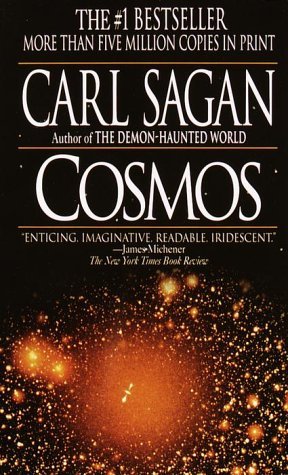 The third book in the mix is "Cosmos" by Carl Sagan, which I'm sure I read in the past, but ran across it again and thought I'd give it another read.
The third book in the mix is "Cosmos" by Carl Sagan, which I'm sure I read in the past, but ran across it again and thought I'd give it another read.